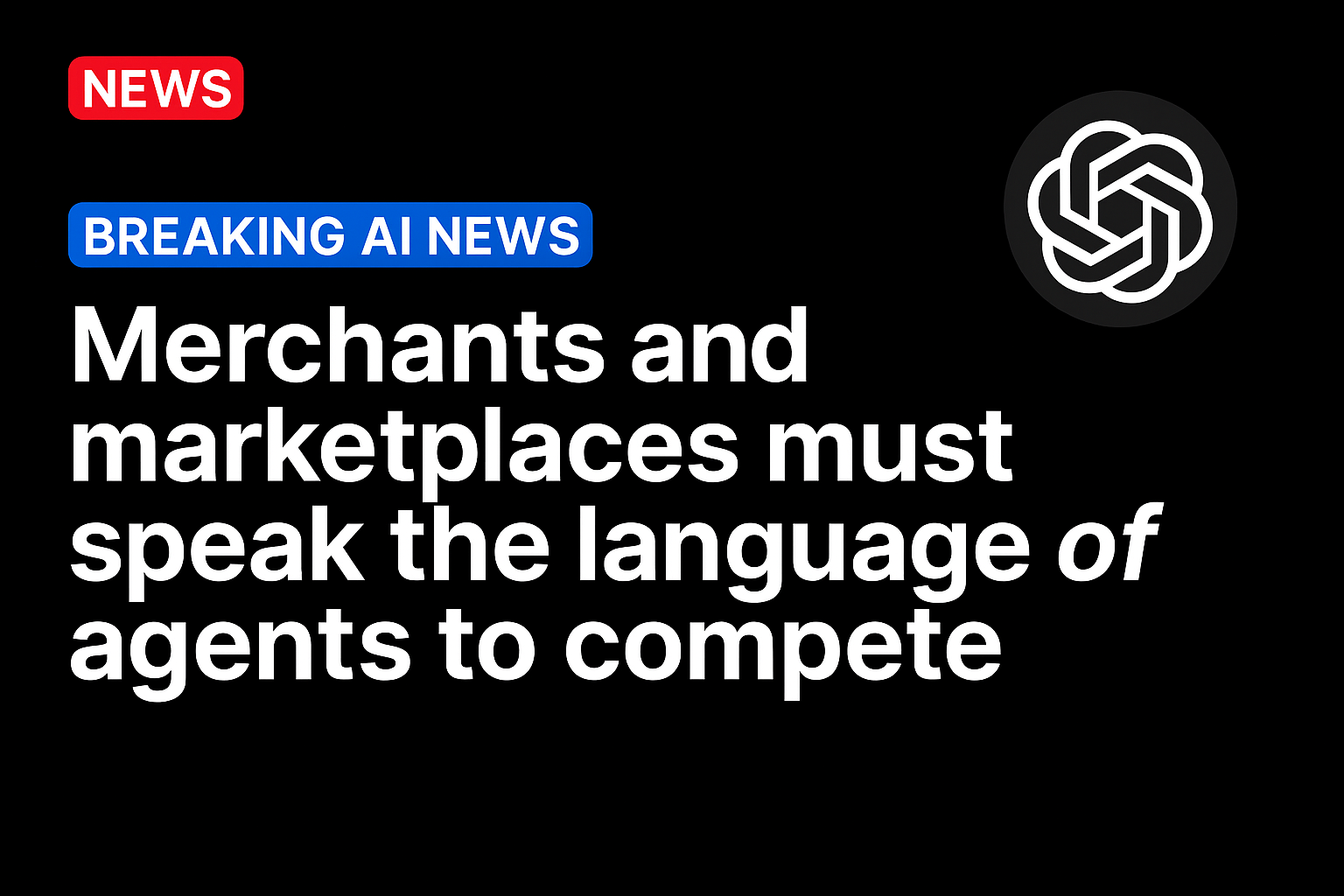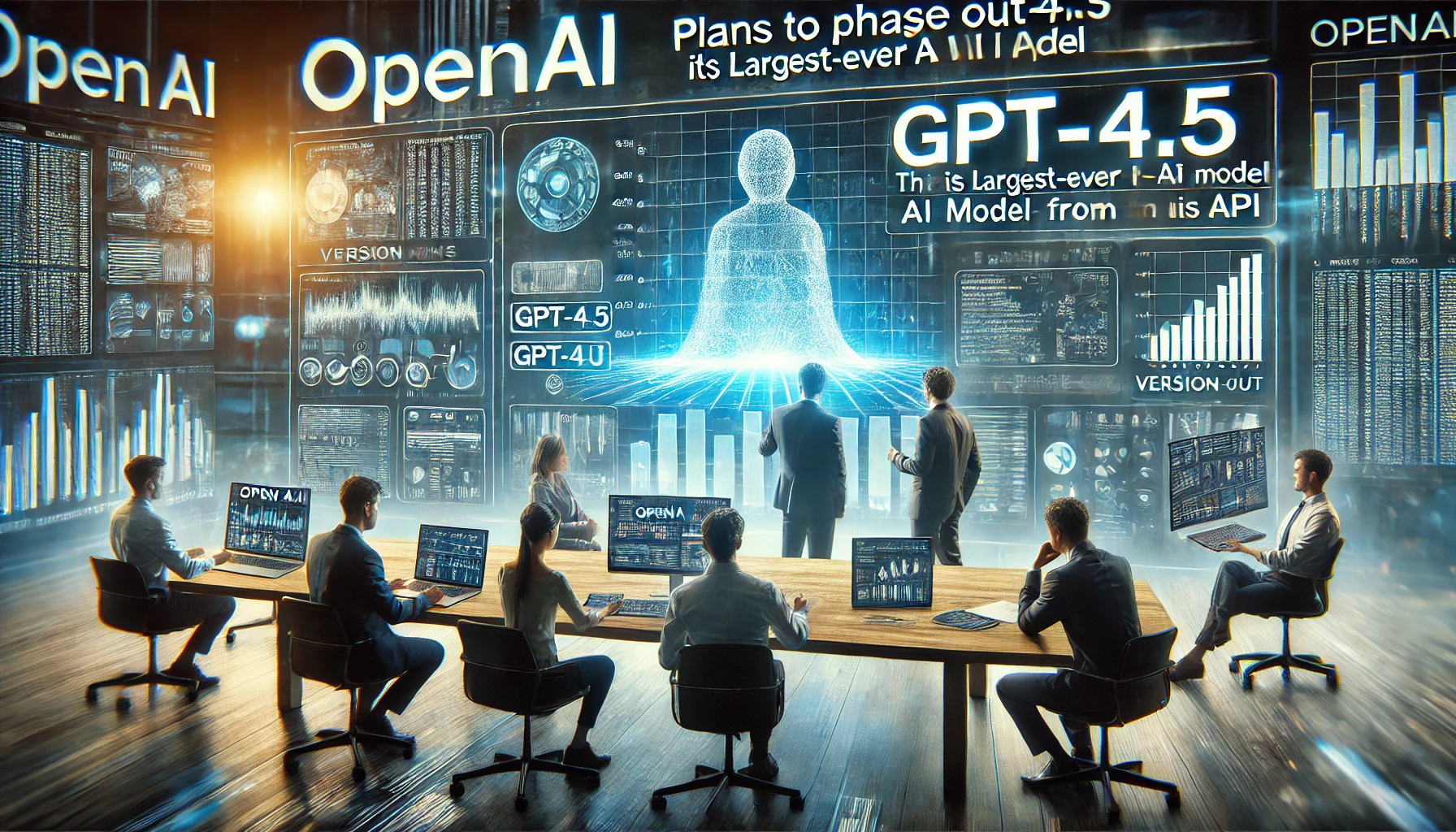Retailers already face an uphill battle managing inflation, tariff-driven price shifts and the looming holiday rush. Now comes another challenge: learning a new language. It’s the language of agents.
As Mirakl Americas CEO Scott Eckert explained to PYMNTS’ Karen Webster in a Monday Conversation, agents don’t shop like people do. “Where people used to type three keywords into Google,” he said, “the AI agent now adds more context. All of that rich context makes the opportunity for search much more targeted on behalf of the customer.”
Instead of “black dress,” agents process requests like “a black dress for a summer cocktail party in the Hamptons.” The implications are clear. Discovery is no longer a matter of showing up in a search result. For merchants and marketplaces, it’s now about whether their product makes it into the short list that an agent delivers back to its human counterpart.
Discovery Re-Architected
Eckert described this shift as more than an upgrade to search. And consumers aren’t waiting. “The consumer is seeing a value and is moving super quickly,” Eckert said, pointing to billions of monthly visits to ChatGPT. It’s “a re-architecture of the shopping experience,” Webster noted.
For merchants and marketplaces, Eckert said that means discovery requires richer product data, cleaner catalogs, and attributes that agents can read and rank. Missing metadata, inconsistent language and incomplete images aren’t nuisances anymore, he said they are deal-breakers.
That velocity creates consequences for retailers. “One of the unfortunate things a retailer loses is visibility into that customer data, because consideration and discovery is not happening on the site, it’s happening somewhere else.”
Agents, Eckert said, are now another channel merchants and marketplaces must master. “Different AI agents look for different things,” he explained. “Optimization is not one-size-fits-all.” Treating agents as a homogenous category misses the point, he concludes.
Beyond Search: Execution Still Matters
Discovery is only the front end. Once the agent finds a product, the rest of the transaction must still run smoothly. Checkout, payments, refunds, fulfillment and after-sales service all remain critical. “Discovery may happen offsite,” Eckert said, “while purchase still happens on your rails.” That makes brand experience, catalog depth, and operational reliability as important as ever.
Some retailers are already experimenting with on-site agents. Lowe’s “Mylo,” for instance, helps shoppers navigate its eCommerce site while giving Lowe’s insight into how an AI interprets its product catalog. Testing across agents, Eckert said, is a way to improve conversion and to learn faster.
Ditto with turning merchant sites into marketplaces. Eckert remarked that Mirakl’s pipeline is filled with requests to embrace a platform model to expand the range of products that may be found with large language model searches. In an agent-driven world where only three or four products often make the cut, having a broad and curated assortment can mean the difference between being visible and being overlooked. Eckert said that the more SKUs for an agent to “browse” the greater the chances that one might make the shortlist of options presented to the consumer.
Walmart, Amazon, and the Strategic Divide
Eckert, a former Walmart executive, contrasted the openness of Walmart’s approach with Amazon’s. Walmart is experimenting with agents across customer shopping, employee productivity and procurement, an “all fronts” embrace of the tools. Amazon, by contrast, keeps its marketplace closed to third-party model access.
For merchants watching closely, the message is that there isn’t one blueprint. The playbook today is experimentation and scale: Deploy agents where they deliver value now, while preparing for more openness to external agent traffic in the future. The near-term strategy, Eckert said, is partnering with large model providers, and tune product data for their systems, and continue policing unknown scrapers. The goal is to be discoverable by legitimate agents and invisible to the rest.
Building Fluency in the Language of Agents
Agentic commerce is arriving quickly, and it is reshaping discovery and purchase. Learning to speak the language of agents means rethinking catalogs, testing across platforms, and investing in execution even as discovery shifts elsewhere.
Eckert believes preparing for this future starts with a hard look at product catalogs. Merchants and marketplaces need ways to turn messy product data and complex commerce flows into agent-ready formats. They must audit their product listings for missing attributes, inconsistent language and poor image metadata, then adapt that content so it can be discovered by the major agents. Because Perplexity, ChatGPT and Claude don’t rank results the same way, retailers need to test across platforms and see what works where.
Eckert said that’s where platforms like Mirakl’s Nexus fit in. Not as the story itself, but as an infrastructure layer that helps merchants and marketplaces translate their operations into a language agents can understand. Because in this next chapter of commerce, fluency in the language of agents, he said, is the price of being discovered.
Source: https://www.pymnts.com/




